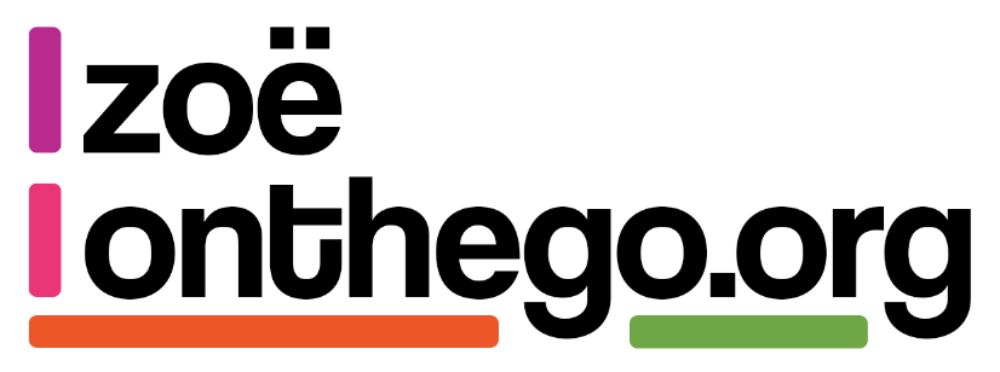We’re all skilled in many different ways; when it comes to our careers; why do we apologies for our weaknesses, rather than celebrate our strengths?
Another slightly introspective blog from me today, but one I think worth writing, as I know I’m not the only one guilty of this.
As we move through our careers, there are always opportunities to grow and learn new skills and take on new challenges; sometimes those opportunities can open us up to new strengths we never knew we had; sometimes those opportunities can help us realise something is definitely not for us. Both of those are valid outcomes, but we often fail to acknowledge that it’s as important to recognise what skills you don’t have, and what doesn’t spark joy for you; as much as it it’s important to recognise what skills you do have.
As managers and leaders we should be encouraging our staff and teams to be transparent about both. By helping our staff recognise their own strengths, and their weaknesses, we can then help them to have fluffing careers that focus on those strengths, rather than constantly highlight the things they’re not as strong on.
None of us like being ‘bad’ at things; and there’s nothing more demoralising that slogging away at a role and always feeling like you’re the weakest link; so why do so many of us stick at jobs or roles where we’re doing just that? Sometimes all it takes is one meeting to make you recognise what your skills are and where you can add real value; and as organisations we should be making space for people to pursue those skills, or we risk losing them, and the value they can add to our business.

I’ve been lucky throughout my career to have had some great line managers who have supported me in having those conversations and enabling me to focus on my skills and choosing roles where I can utilise my strengths best; and I similarly now try to be that person for those I manage.
One of the things I always advise my mentee’s and staff to do, is spend some time thinking about what their skills are, what are their strengths, what do they bring to the party (as it were) that others might not? I then try to work with them to think about how their skills and strengths can benefit their role; the organisation and how they could build a career based on those skills. Sometimes this just means a small change to their role, sometimes it means supporting them in moving to a new role where they can better utilise their skills, and sometimes it means a change in their career path.

When I have had this conversations with staff or mentee’s in the past, one fear many voice is the fear that they will come across as ‘ungrateful’, or ‘self-important’ and like they think ‘they’re better than they are’ or that by acknowledging the areas that are not their strengths they would be jeopardise their career. Obviously, I can’t speak for every organisation, or every manager; as a senior leader I have always believed we get the best out of people when we support them to be their best. We can only do that by recognising not everyone is the same, nor do they have the same skills or strengths. Jobs descriptions are a generic label that covers what we expect the person doing that role to be doing; but three people doing the same job will all have slightly different strengths and skills, and as long as we do so in a fair and transparent way, recognising peoples strengths and how those can impact how they do their role, means they’re more likely to add real value to the team.
One thing I’ve really appreciated since joining Kainos is that we differentiate between individuals goals, and role responsibilities/targets. Staff are given opportunities to set individial goals that they feel best match their skills and strengths, as well as having targets for their roles. We have people managers who we work with to understand how we can be supported to meet our personal goals as well as project/line managers with whom we work to meet our role targets etc. People managers and line managers work together when staff members feel their roles/skills/strengths don’t quite align to identify to understand how we can support them either into new roles or to suggest wider opportunities they could get involved in (or lead) where those skills could be best utilised. The benefit of this can be seen when looking at Kainos’ staff retention, and the number of staff who joined the company as a graduate developer (as an example) and are still here over 10 years later having moved into Product or Business Growth as they have developed their skills and identified areas their personal strengths align too where they can add more value.
I think as we come round to End of Year Appraisal time again, it’s important for all us to reflect on what our own skills are, what are strengths are, and are we getting the opportunity to add real value to our organisations using those skills; or is there something else we could be doing that would better utilise those skills and add more value? And as managers we need to be enabling that self reflection and supporting those conversations to happen.


Leave a Reply